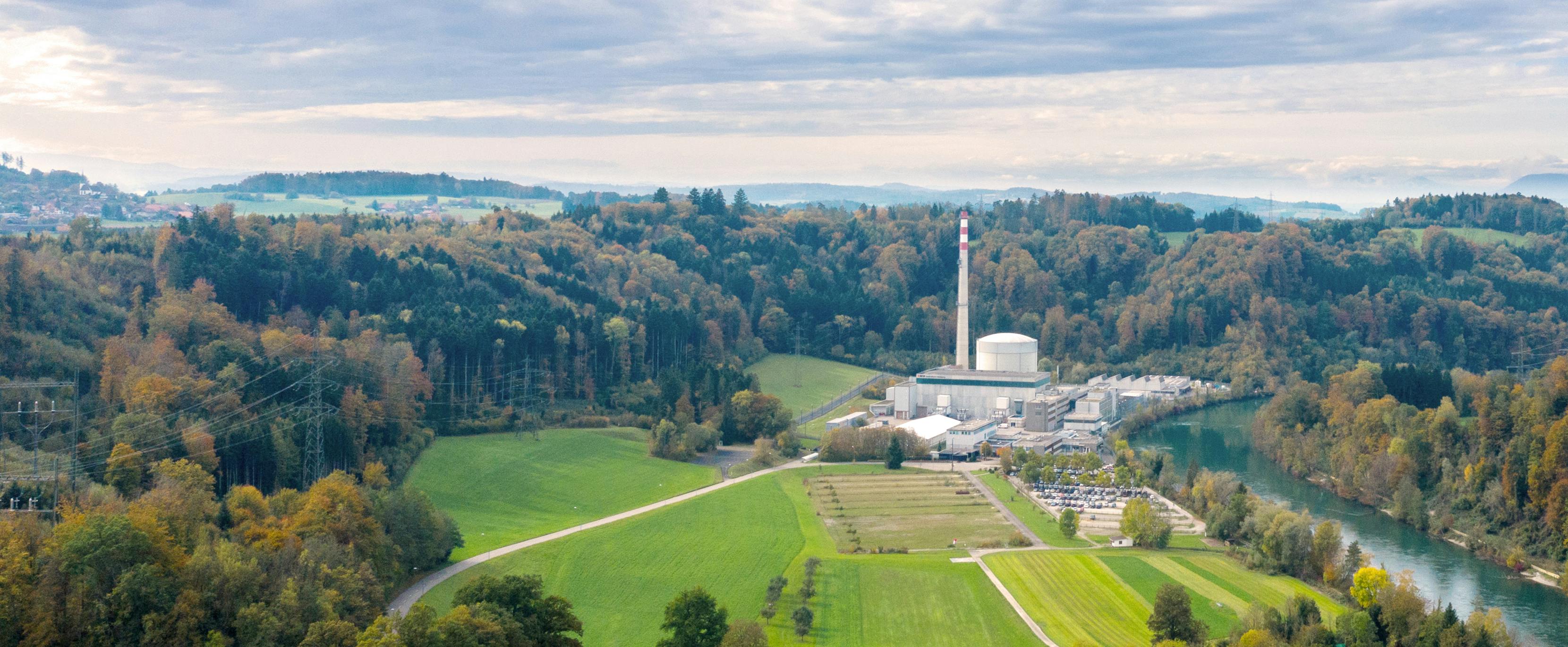2019 Bassecourt – Mühleberg Grid

On 20 December, BKW will shut down the Mühleberg nuclear power plant. Forever. The power plant will be switched off and dismantled. This will result in the loss of around 370 megawatts in electricity production in the Bern region. This has an impact on the Swiss transmission grid. In this interview Maurice Dierick, Head of Market and Member of the Executive Board, explains the effects of the Mühleberg shutdown and the specific challenges for Swissgrid.
Maurice Dierick, will the lights go out in Bern when the Mühleberg nuclear power plant goes offline on 20 December?
Maurice Dierick: No lights will go out. The Mühleberg shutdown date has been known and definitive since spring of 2016. BKW is very well prepared and will supply the necessary quantity of electricity to Greater Bern. We are working together very closely in this respect. Swissgrid took the removal of the Mühleberg nuclear power plant into consideration in the Strategic Grid 2025.
To what extent does the shutdown of the Mühleberg nuclear power plant even affect Swissgrid as transmission system operator?
The shutdown of the Mühleberg nuclear power plant will result in a drop in production of around 370 megawatts. This is only a small part of the overall energy supply, but still, it has to be replaced. This can be done either by domestic production or imports. And this requires the expansion and modernisation of the transmission grid. For us, it is also important that enough electricity can be supplied to the pumped storage power plants in Valais. That is because these power plants pump water to the higher reservoirs at night and thus act as huge batteries in the Alps. The loss of the energy produced by the Mühleberg nuclear power plant means that the necessary energy has to be procured elsewhere and transported over longer routes. And this impacts the load flows in the transmission grid.
The shutdown of Mühleberg increases Switzerland’s dependence on imports.
Maurice Dierick, Head of Market
Where does Swissgrid see the biggest challenges?
The shutdown of Mühleberg increases Switzerland’s dependence on imports. Particularly in winter, we rely on other countries as production in Switzerland cannot cover consumption. To ensure security of supply in the medium term, Swissgrid will have to increase the import capacities. That is why we are planning to expand the existing line between the Bassecourt substation in Jura and the Mühleberg substation from 220 to 380 kilovolts. The construction of a new transformer is therefore planned in the Mühleberg substation. The line will be used to transport the electricity. The transformer converts the electricity between the 380- and 220-kilovolt grid. Basically, it connects the six-lane motorway to the four-lane motorway in the extra-high-voltage grid.
What is the status of these projects?
Following the difficult grid and energy situation in the winter of 2015/2016, Swissgrid reprioritised some of its grid projects. This also includes increasing the voltage of the Bassecourt – Mühleberg line. We have already started constructing the transformer. Work will be completed next year. The line project was approved by the Swiss Federal Office of Energy. But objections lodged with the Federal Supreme Court are delaying the start of construction.
Is supply to the greater Bern area ensured despite this?
Yes. During normal supply situations, we expect a fundamentally stable and non-critical grid situation. In the event of short-term grid congestion, the Swissgrid control centre has various instruments it can use to stabilise the grid. They include switching operations, interventions in electricity generation or measures on the electricity market. However, in the medium term, we will need these import capacities for the higher energy transport to the Mühleberg grid node.
Switzerland has one of the most reliable transmission grids in the world.
Maurice Dierick, Head of Market
So you are quite relaxed about 20 December and the Christmas period?
Absolutely. Switzerland has one of the most reliable transmission grids in the world. So we are prepared and will continue to ensure the secure and stable operation of the transmission grid in future, even without the Mühleberg nuclear power plant. But to do so, it must be possible to implement the grid projects defined in the Strategic Grid 2025 without further delays.






